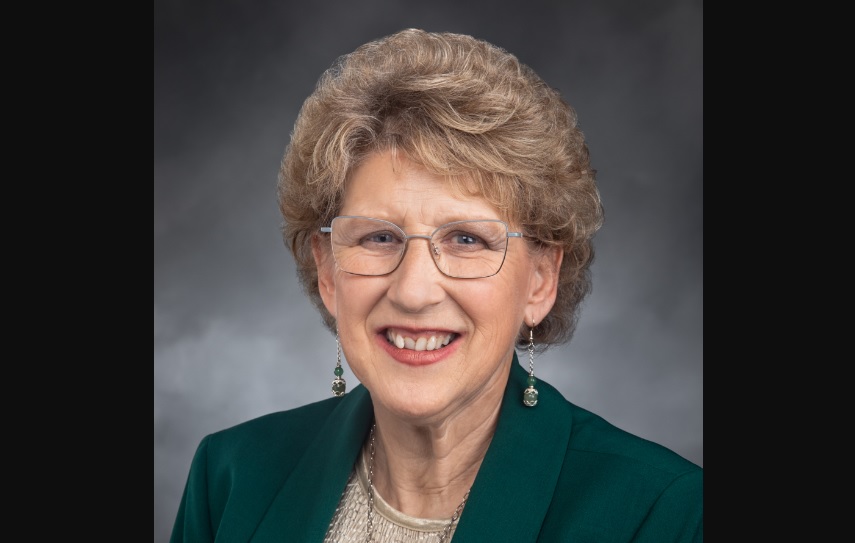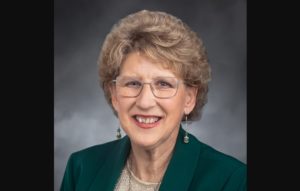
Listen to story:
7th District senator urges hearing on bill that would clarify role of state school superintendent
OLYMPIA, WA – Washington State Senator Shelly Short (R-Addy), responding to new decrees from Olympia’s education bureaucracy on everything from mask mandates to curriculum, says local school boards need some breathing room, and should be allowed to make decisions for themselves.
Short has introduced Senate Bill 5029, a bill clarifying the role of the superintendent of public instruction – support for local school districts, not control.
“What’s been happening the last few years has been chilling,” Short says. “Decisions that rightly should be made by local school boards are being dictated from Olympia. School districts are being forced to carry out a political agenda favored by urban activists. It’s time we end this nonsense of top-down control from the Office of Superintendent of Public Instruction, and return power to locally elected school boards.”
SB 5029 declares that the primary duty of the superintendent of public instruction is “one of support, not supervision, and that local school boards are vested with the final responsibility to set policies that serve their students.” Though the independent elected position is created by the state constitution, it does not spell out specific duties, and leaves it to state law to define them.
Short said her goal is to provide a clear statement in state law to define the superintendent’s role. Her bill has been referred to the Senate Committee on Early Learning and K-12 Education, which faces a February 17th deadline for passage of bills for further consideration during the 2023 legislative session. No hearing has yet been scheduled.
“I hope my Democratic colleagues will permit discussion of this issue,” Short says. “This is becoming a major topic of concern in districts like mine. Our small towns and rural areas simply do not embrace the lockstep thinking that has become so fashionable in our state’s urban areas. The further to the left that politics go in our major cities, the harder it becomes for rural school districts to win support for levies and bond issues. School districts need the support of their constituents in order to maintain adequate funding for their schools, and locally elected school boards are in the best position to shape programs that suit the desires of their communities.”
Short said the Office of Superintendent of Public Instruction has become the instrument of Olympia’s top-down control – sometimes at the behest of the Legislature, sometimes the governor’s office, and often with the support of influential advocacy groups and the bureaucracy within the office.
As the COVID pandemic waned last year and school districts in less-afflicted areas sought to end indoor masking requirements that interfered with student learning, Superintendent of Public Instruction Chris Reykdal, maintained that he was required to enforce the governor’s mandates even as he was encouraging the governor’s office to lift them. His office threatened to withhold state and federal funding from three districts in which school boards voted to make masks optional — Richland, Kettle Falls and Colville. All three were forced to back down. The Kettle Falls and Colville school districts are located within Short’s 7th Legislative District.
On curriculum matters, the superintendent’s office has carried out mandates from the Legislature for controversial sex-education programs and ethnic studies instruction infused with critical race theory concepts. At present, school districts have some discretion to design their own programs. But a bill currently before the Legislature, SB 5237, would allow the Office of Superintendent of Public Instruction to slash funding to school districts by 20 percent if they use textbooks or other instructional materials deemed “non-compliant” by state authorities.
“In this sort of environment, it is no wonder that homeschooling has become a popular alternative to the public schools,” Short says. “The families of 46,000 students have withdrawn their children from the public schools, and the backlash against this new philosophy of central control from Olympia is strongest in legislative districts like mine. Our educational system should have the support of the people, and elected school boards are in the best position to assess the needs of their communities. The Office of Superintendent of Public Instruction should help them, not control them.”


